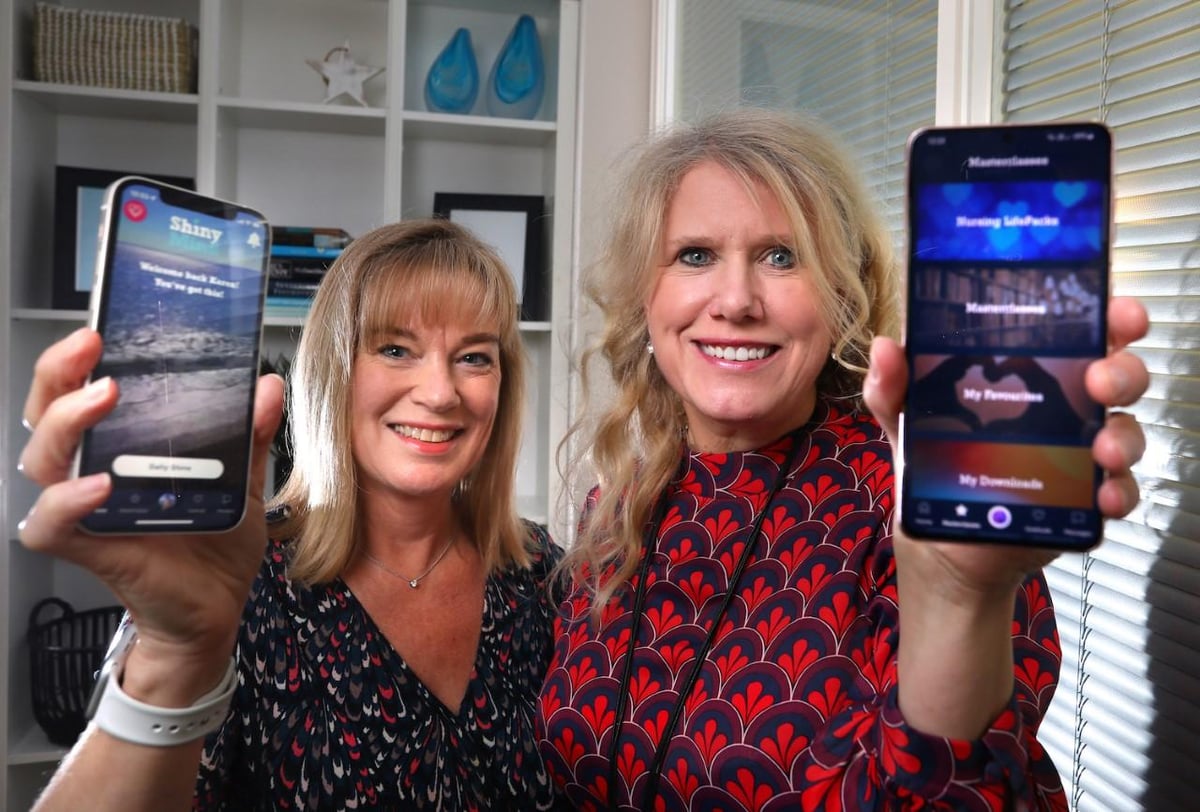In the past two months, you have been in a bad mood, have lost your appetite, and cannot sleep well. Your family is worried because you are no longer interested in cooking or reading, activities that you used to do. The stress of the pandemic has changed your routine, and you’re struggling to balance your remote work, childcare duties, household management, and caring for your sick father. You tried to contact a therapist, but after extensive research online, you found the first available appointment months away. A good friend suggested mobile therapy apps, but do they work?
What does the research say?
Mental health apps claim to treat depression, anxiety, and other mental illnesses without a therapy appointment. There is no waiting time and everyone with a smartphone has immediate access. In addition to their convenience, many apps are free. If it sounds too good to be true, you might be right.
Searches of randomized controlled trials of mobile app mental health interventions with nearly 50,000 patients found no “compelling evidence” that any mobile app intervention significantly improved outcomes related to anxiety, depression, smoking or alcohol use, suicidal thoughts, or feelings of well-being. Although this seems unfortunate, it may be related to study methods in which researchers have grouped together interventions that may be completely different. A small trial with a positive effect might therefore seem useless if its effects are combined with less useful interventions.
Treatments work when you believe in them. One study compared the popular meditation app Headspace to a dummy version (which included guided breathing but without the active mindfulness component). Study participants reported better outcomes (critical thinking and mindfulness) with the active and sham versions, suggesting that the active ingredient may not be in the intervention component itself.
What about computer-based cognitive-behavioral therapy (CBT) programs for depression? Researchers in the UK studied the effects of the most popular CBT programs (Beating the Blues and MoodGYM), and they also found no benefit over usual care in primary care.
This is an excerpt from an article that appears on the Harvard Health Publishing website.
To read the whole story
Stephanie Collier is Director of Education in the Division of Geriatric Psychiatry at McLean Hospital; consultant psychiatrist for the population health management team at Newton-Wellesley Hospital; and professor of psychiatry at Harvard Medical School.
 AD Roberts
AD Roberts


